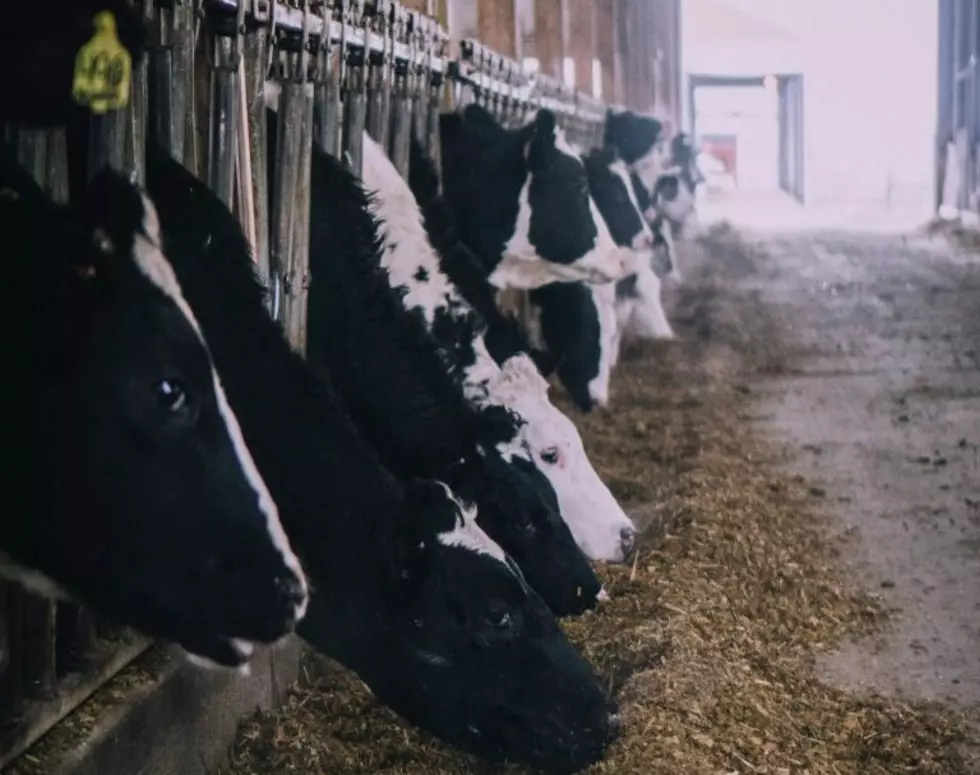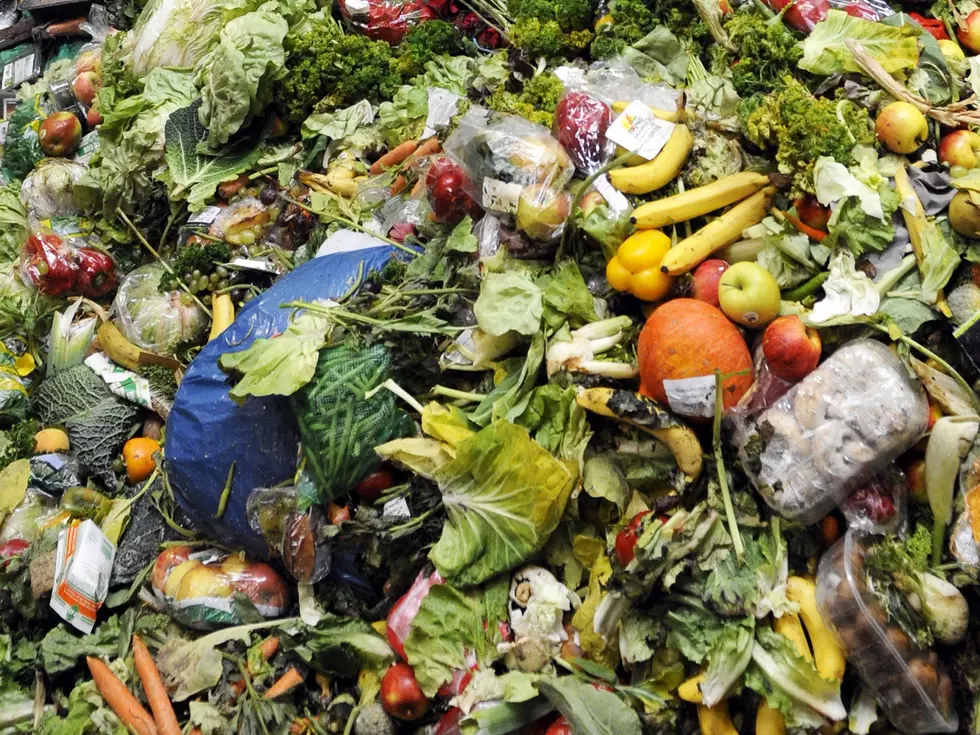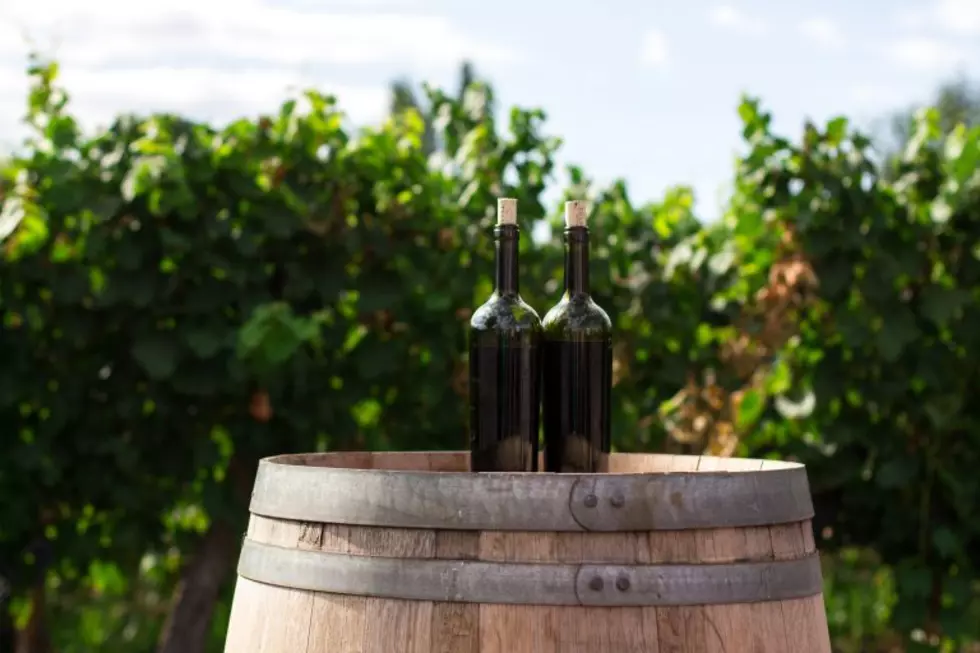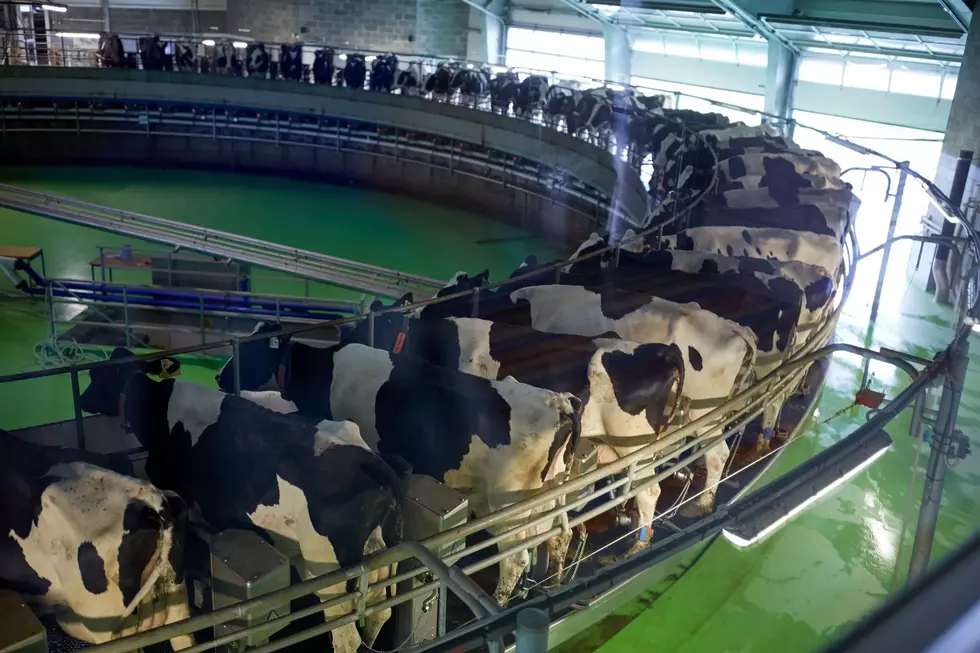
Waters Is Hopeful Cold Temperatures Will Help Farmers This Growing Season
The cold temperatures the Pacific Northwest saw to ring in the New Year may help farmers later this growing season. Washington State University’s Dr. Tim Waters says while those frigid temperatures will do little to the insect and disease population, the temps will disrupt where many of those pest like to live; volunteer potatoes.
“When potatoes are growing in area where we don’t plant them they don’t get treated with fungicides and insecticides. So, as a result it kind of serves as a reservoir for insects and disease outside of production fields. Now, when that happens, we can get disease and insects that develop in those volunteer potatoes in a non-potato field, say a wheat field or a pea field or a corn field and then they can migrate into our potato fields in big numbers and cause significant problems.”
To kill those volunteer potatoes, Water says soil temperatures need to be below 28 degrees for five days, which many locations across the Columbia Basin in Washington and Oregon saw. He noted getting rid of those volunteer potatoes will save growers pest and disease pressure in the production fields, as well as help rotation crops.
“In the last several years, growers have been spending a lot of money in their onion fields and their corn fields to control volunteer potatoes. So, hopefully we got those critically cold temperatures in many of the areas we grow and that will help our grower in this coming year.”
For more on how the cold weather to start 2022 could impact farmers this growing season, listen to our entire podcast with Dr. Waters:
If you have a story idea for the PNW Ag Network, call (509) 547-1618, or e-mail gvaagen@cherrycreekmedia.com
More From PNW Ag Network









